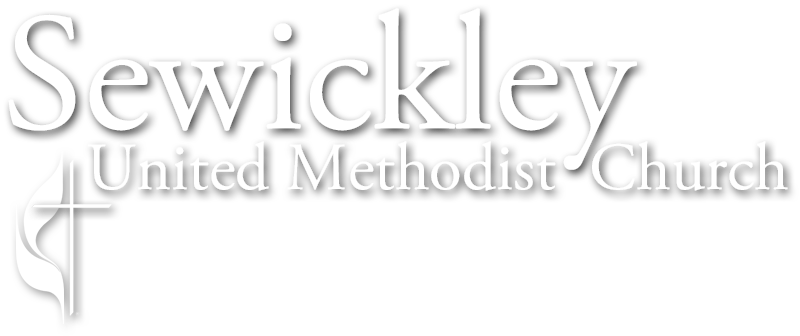This month, we will continue to explore John Wesley’s seven ways to share faith and explore how we can practice these Wesleyan practices. The details of each practice can be found in Wesley’s 7 Ways to Share Faith. Abingdon Press, 2015.
Practice 3: Speak Plain Truth
In Wesley’s day, the Church of England didn’t connect with the real lives of everyday people. Ironically, the ministry of Jesus was just the opposite. When Jesus spoke, “the common people heard him gladly.” Wesley longed to bridge the gap between real faith and real people. Although he was a highly educated Oxford fellow and deeply steeped in the Christian tradition, he refused to parade his scholarship. He chose to speak plain truth for plain people. He intentionally shaped his language so common people could gladly hear the gospel and respond.
Practice for SUMC: As disciples of Christ, when we witness to others, we simply speak our truth about our love for Jesus Christ directly from our heart. It will resonate with the person as the Holy Spirit is with you and the person. Sometimes, your words may seep into their heart slowly, giving them an opportunity to contemplate your words about Jesus. With others, it may feel like a bullseye opening their heart to God.
Charles Wesley
Practice 4: Use the Music of the Culture
Gregorian chants in Latin and heavy German music were standard fare in church services in Wesley’s day. Although the words were meaningful, the music was a complete disconnect with the common people. It didn’t speak their heart language. In his travels, Wesley found that pre-Christian people connected most easily with the gospel when it came through their native culture. He encouraged his brother Charles to put gospel words to the popular tunes of the day, and it caught people’s hearts. Speaking in terms people could understand was part one of cracking the cultural code; music that touched the modern-day soul was part two.
Practice for SUMC: During our traditional service, we sing many hymns written by Charles Wesley. During the 17-18th century, pastors were not readily available to hold services. Charles Wesley purposely imbedded key Christian theology into his lyrics. Outside of church, they could sing the songs and be reminded of their Christian theology. Our contemporary service presents songs with Christian messages and contemporary music following Wesley’s guidance to bring the music and message to the people in a contemporary way!
Select a Charles Wesley hymn, read the lyrics slowly, and explore the imbedded theology.
Select a contemporary Christian song, and explore its message, symbolism, and scripture genesis.

